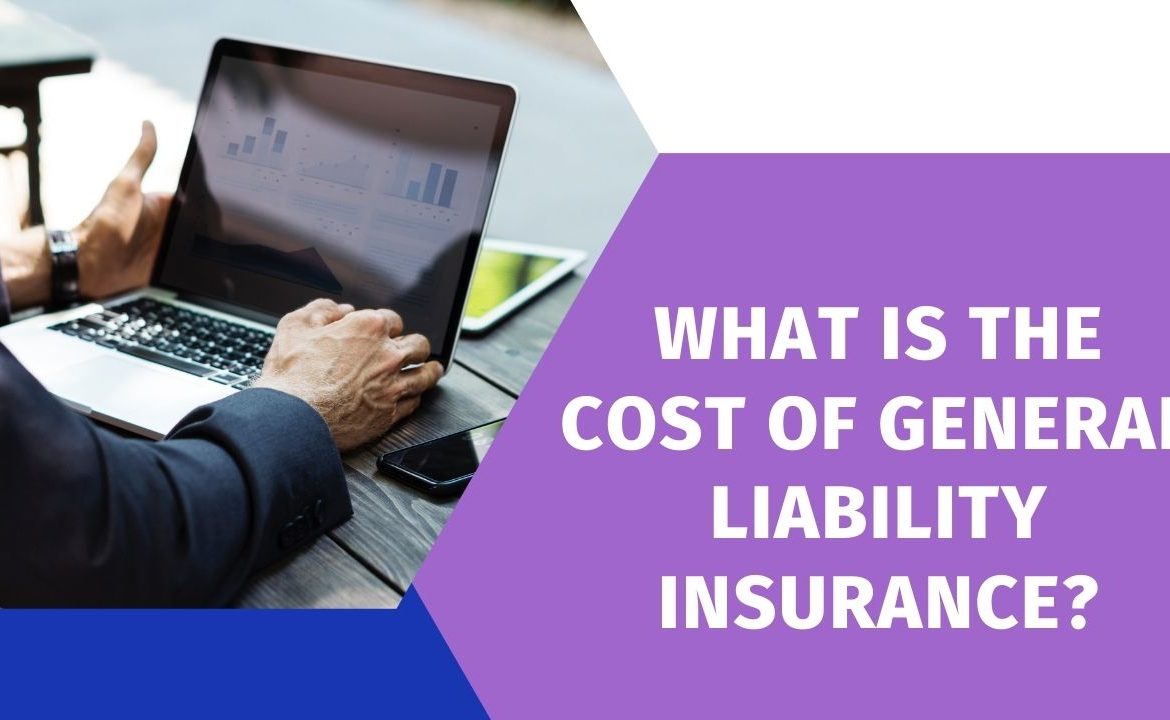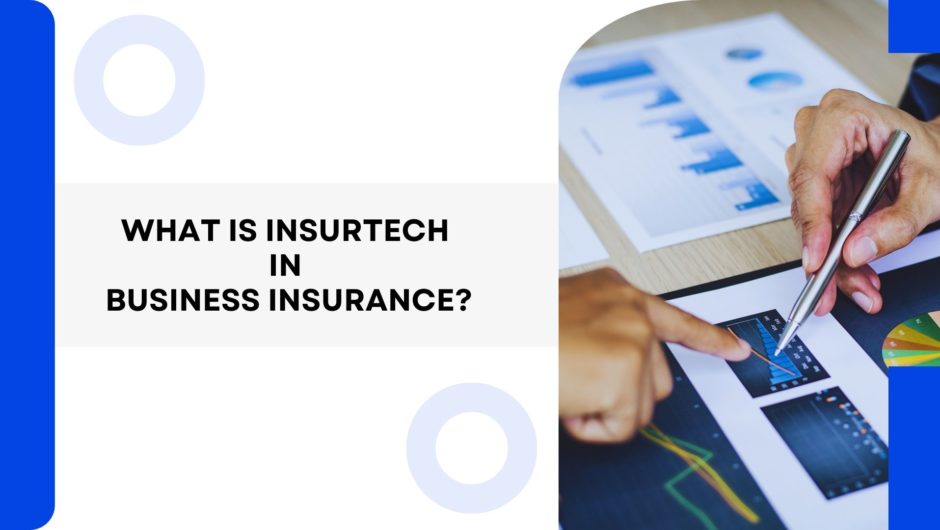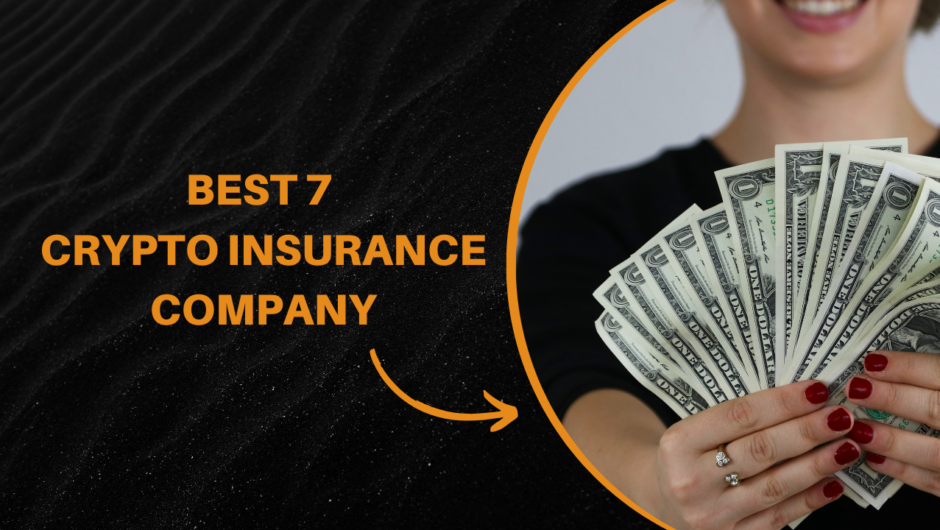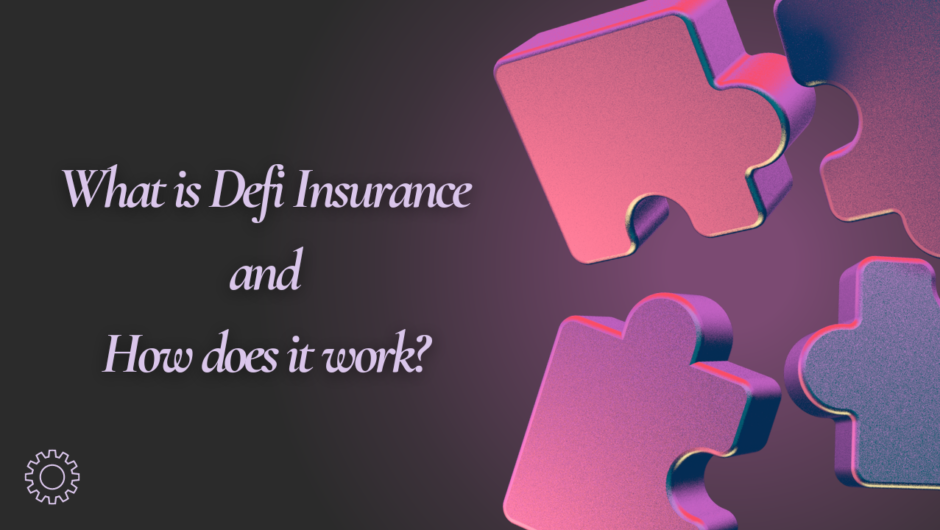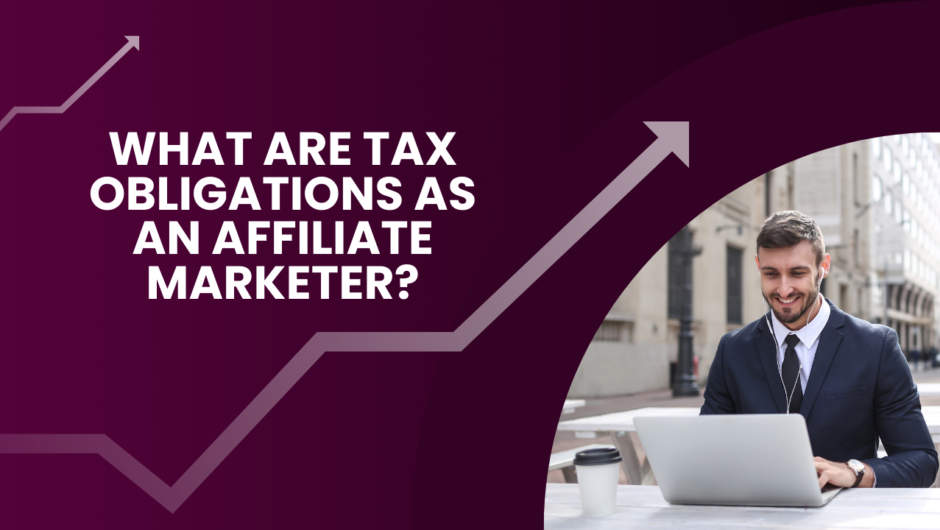General Liability Insurance is a fundamental coverage for businesses, safeguarding them against claims of bodily injury, property damage, and personal or advertising injury caused by business operations, products, or accidents on the premises. The cost of this essential insurance can vary widely based on several factors, including industry, business size, location, and coverage amount. Understanding these variables is crucial for businesses to budget accurately and ensure they are adequately protected against potential liabilities.
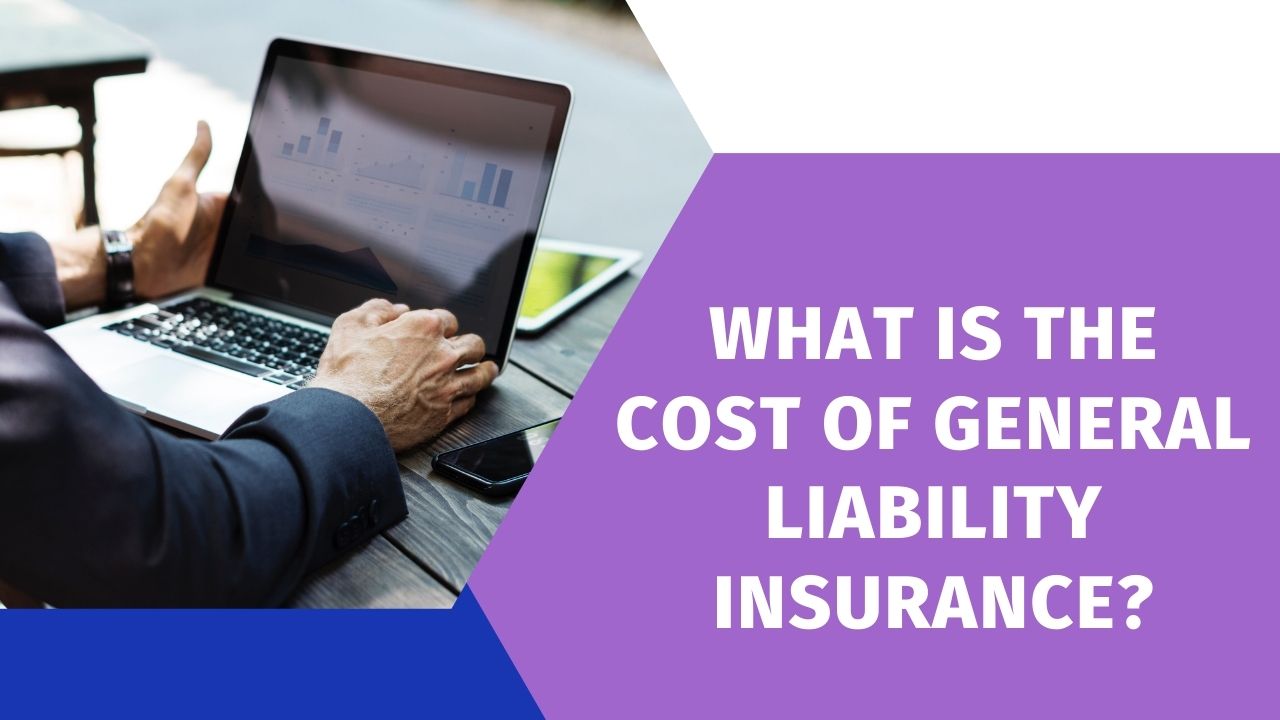
How Much Does General Liability Insurance Cost?
The cost of General Liability Insurance can vary significantly based on a range of factors. Industry type is a major determinant, as businesses in higher-risk sectors, such as construction or manufacturing, typically face higher premiums compared to those in lower-risk industries like consulting or retail. Business size also plays a crucial role; larger businesses with more employees and higher revenue may incur higher costs due to increased exposure to potential claims. Location is another important factor, as businesses in areas with higher claims rates or stricter regulatory environments might pay more. The amount of coverage needed directly impacts the cost; higher coverage limits result in higher premiums. On average, small businesses can expect to pay between $300 and $1,000 annually per million dollars of coverage. To accurately budget and ensure adequate protection, businesses must consider these variables when assessing the cost of General Liability Insurance.
Factors that Influence the Cost are:
Several factors influence the cost of General Liability Insurance, each contributing to the overall premium a business might pay.
Industry: Different industries carry varying levels of risk, which directly impacts insurance costs. For example, construction and manufacturing businesses are considered higher risk due to the nature of their work, leading to higher premiums compared to lower-risk industries like consulting or retail.
Business Size: The size of a business, including the number of employees and annual revenue, plays a significant role. Larger businesses face higher premiums because their increased scale and operations expose them to more potential claims.
Location: Geographic location affects insurance costs as well. Businesses operating in areas with higher claims rates or stricter regulatory environments may encounter higher premiums.
Coverage Amount: The amount of coverage a business needs also influences the cost. Higher coverage limits provide greater protection but result in higher premiums.
What is the Average Cost for Small Businesses?
The average cost of General Liability Insurance for small businesses typically ranges between $300 and $1,000 annually per million dollars of coverage. This cost can vary based on factors such as industry type, business size, location, and specific coverage needs. For instance, a small retail store might be on the lower end of this spectrum, while a small construction company could be on the higher end due to increased risk associated with their operations.
Small businesses with fewer employees and lower revenue often benefit from lower premiums. Additionally, businesses located in areas with fewer claims or more favorable regulatory environments may also see reduced costs. However, businesses requiring higher coverage limits or operating in high-risk industries should anticipate higher premiums.
Understanding these average costs helps small business owners budget appropriately and ensure they are adequately protected against potential liabilities. It’s crucial to assess specific business needs and consult with insurance providers to get accurate quotes tailored to their unique circumstances.
Why is Understanding These Variables Important?
Understanding the variables affecting General Liability Insurance costs is crucial for businesses to manage their budgets effectively and ensure comprehensive protection. Each factor—such as industry risk, business size, location, and coverage amount—directly influences the premium, making it essential for businesses to assess these elements carefully.
By understanding how industry risk levels impact costs, businesses can anticipate and plan for higher premiums if they operate in higher-risk sectors. Knowing how business size affects insurance costs helps in budgeting for growth and expansion. Awareness of how location influences premiums allows businesses to account for geographic-specific risks and regulations. Additionally, understanding the relationship between coverage limits and premium costs ensures that businesses select an appropriate level of protection without overextending financially.
Accurate budgeting and adequate insurance coverage safeguard businesses from unforeseen liabilities and financial strain, ensuring long-term stability and compliance with risk management standards.
Conclusion
In conclusion, the cost of General Liability Insurance varies based on industry, business size, location, and coverage amount. Understanding these factors is essential for accurate budgeting and ensuring adequate protection against potential liabilities. By assessing the specific risks and needs of their business, owners can make informed decisions about their insurance coverage, balancing cost with comprehensive protection. Properly managed, General Liability Insurance provides crucial safeguards against unforeseen claims, supporting the long-term stability and success of the business.
Frequently Asked Questions (FAQs)
1. What does General Liability Insurance cover?
General Liability Insurance covers claims related to bodily injury, property damage, and personal or advertising injury resulting from business operations, products, or accidents on the premises. It provides protection against legal fees, medical costs, and settlement amounts, helping businesses manage unexpected financial liabilities.
2. How can I reduce the cost of General Liability Insurance?
To reduce costs, consider implementing risk management practices such as employee training and safety protocols. Additionally, bundling insurance policies, increasing deductibles, and maintaining a claims-free record can lead to lower premiums. Comparing quotes from multiple insurers can also help find more competitive rates.
3. Do I need General Liability Insurance if I have other types of insurance?
Yes, General Liability Insurance is crucial even if you have other types of coverage, such as property or professional liability insurance. It specifically addresses risks related to bodily injury and property damage that may not be covered by other policies, providing a comprehensive safety net for your business.
4. How often should I review my General Liability Insurance policy?
It’s advisable to review your General Liability Insurance policy annually or whenever there are significant changes in your business, such as expansion, increased revenue, or a shift in operations. Regular reviews ensure that your coverage remains adequate and aligned with your current risk profile and business needs.
Read More:
- Bike Insurance: Premium Details And How To Buy
- How safe private insurance companies are?
- 7 principles of Insurance which every investor should know
- Why should you avail life insurance?

Hello, I am Tanisha Kriplani, graduated in computer science from Delhi University. I am passionate about web content writing and have a strong interest in Data Analytics and Data Engineering.

